
How much water should you drink to protect your kid.neys and control uric ac.id?
Water might seem ordinary, but it’s one of the most powerful tools for protecting your kidneys and keeping uric acid levels in check. According to the National Kidney Foundation, staying well-hydrated helps your body flush out excess uric acid — the key to preventing gout, kidney stones, and long-term kidney damage.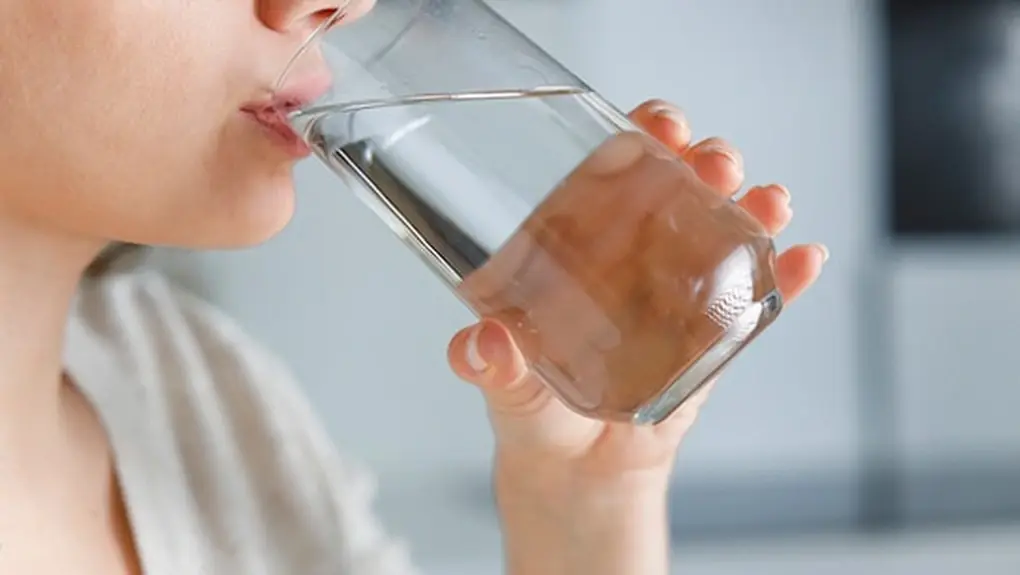
💡 Why hydration matters for uric acid control
Uric acid is a natural byproduct of breaking down purines — compounds found in foods like red meat, seafood, and even vegetables. Normally, your kidneys filter uric acid from the blood and remove it through urine.
But when uric acid levels rise (a condition called hyperuricemia), it can form sharp crystals in your joints and kidneys, leading to painful gout attacks or kidney stones.
The simplest, safest, and most natural way to reduce this risk? Drink enough water.
Water acts as your body’s internal cleanser. It dilutes uric acid in your blood, supports kidney filtration, and prevents uric acid from crystallizing. When you’re dehydrated, uric acid becomes concentrated — making crystal formation far more likely.
According to The Journal of Nephrology, adequate hydration not only helps flush out uric acid but also prevents uric acid stones by diluting the urine and keeping minerals from clumping together.
🚰 So how much water do you really need?
There’s no one-size-fits-all number, but general guidelines from Harvard Health suggest:
-
Men: About 3.7 liters (15.5 cups) of total fluids daily.
-
Women: About 2.7 liters (11.5 cups) daily.
This total includes water from food, tea, soups, and other beverages — but plain water should make up the majority.
Rather than gulping down large amounts at once, sip water steadily throughout the day. A glass of warm water in the morning can kickstart your metabolism and support kidney detoxification. Add a few drops of lemon for a gentle alkaline boost.
🍋 Bonus hydration habits that protect your kidneys
If plain water feels boring, try these refreshing ways to keep your body hydrated — and your kidneys happy:
-
Infused water: Add cucumber, mint, lemon, or berries for natural flavor and antioxidants.
-
Coconut water: A natural electrolyte drink that replenishes lost minerals after sweating or exercise.
-
Herbal teas: Nettle, dandelion, and green tea all support kidney detox and provide anti-inflammatory benefits.
-
Avoid: Sugary drinks and sodas. High-fructose beverages raise uric acid levels and worsen gout risk. Alcohol — especially beer — adds to the problem because it dehydrates and contains purines.
🥗 Pair hydration with a kidney-friendly diet
Water alone won’t work if your diet keeps spiking uric acid. Try these habits instead:
-
Limit red meat, organ meats, and shellfish, which are high in purines.
-
Eat more water-rich fruits and vegetables like cucumber, watermelon, spinach, and tomatoes.
-
Add vitamin C–rich foods like oranges, guava, and amla — which help your body eliminate uric acid more efficiently.
-
Snack on cherries: studies show they can reduce gout flare-ups thanks to their anti-inflammatory compounds.
🏃 Move and hydrate for better kidney function
Your kidneys filter about 180 liters of blood every day — but they can’t do that properly when you’re dehydrated. Regular hydration helps your kidneys clear waste efficiently. Combine this with light physical activity like walking or yoga to improve circulation and metabolism, enhancing the body’s natural detox process.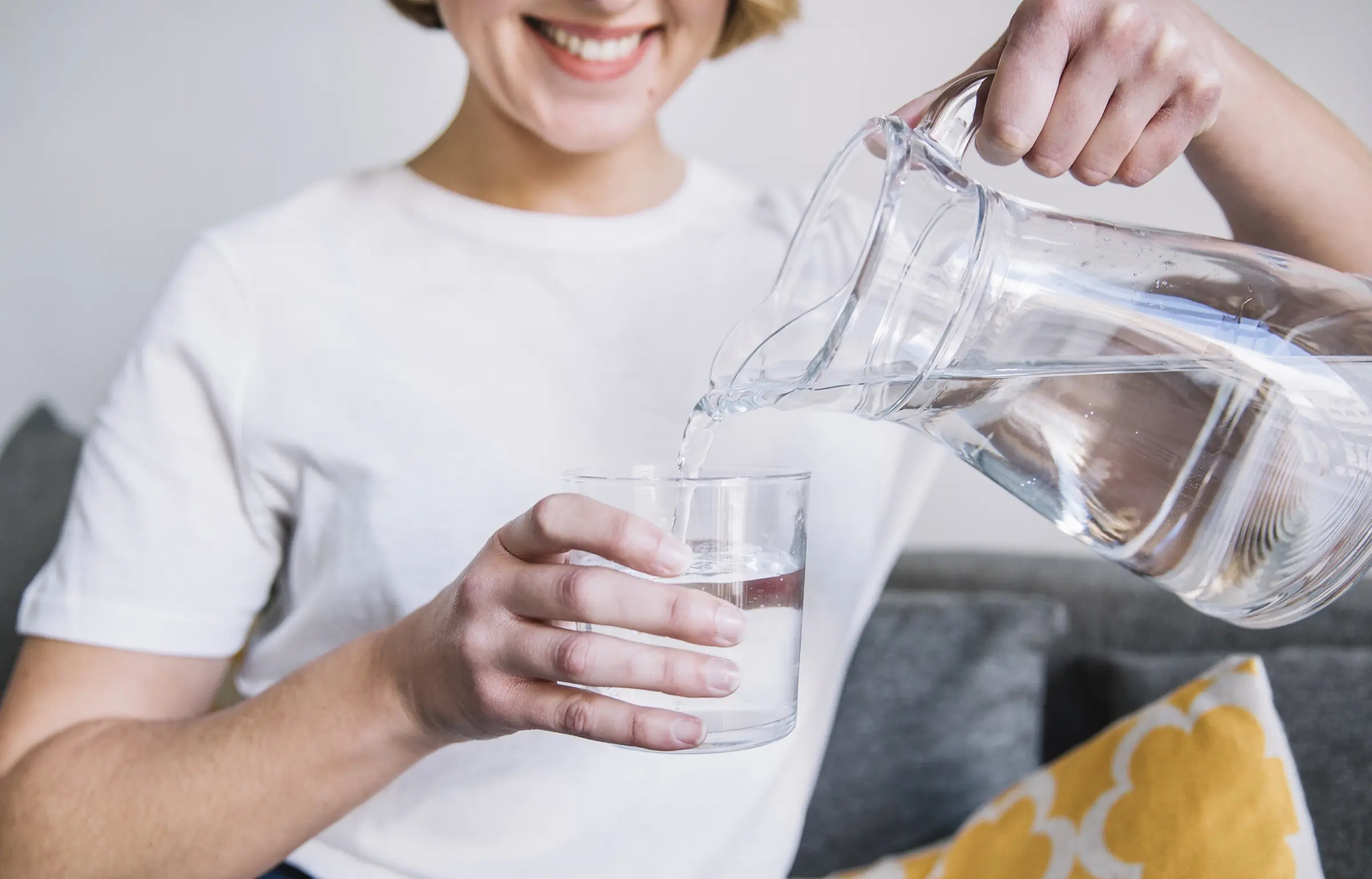
✨ Bottom line
Water is the simplest and most effective “medicine” for your kidneys. It’s free, natural, and scientifically proven to reduce uric acid buildup, prevent stones, and support joint health.
Your exact needs depend on your weight, climate, and activity level — but the golden rule stays the same: stay consistently hydrated.
So next time you reach for a drink, make it water — your kidneys will thank you later.
News in the same category


Whitmore's 'flesh-eating bac.teria' cases increase: Who is vulnerable?

If You Notice These Two Little Holes on Your Back, It Means You’re Not… Tap to Discover

If You Find This Insect in Your Home, Here’s What It Means
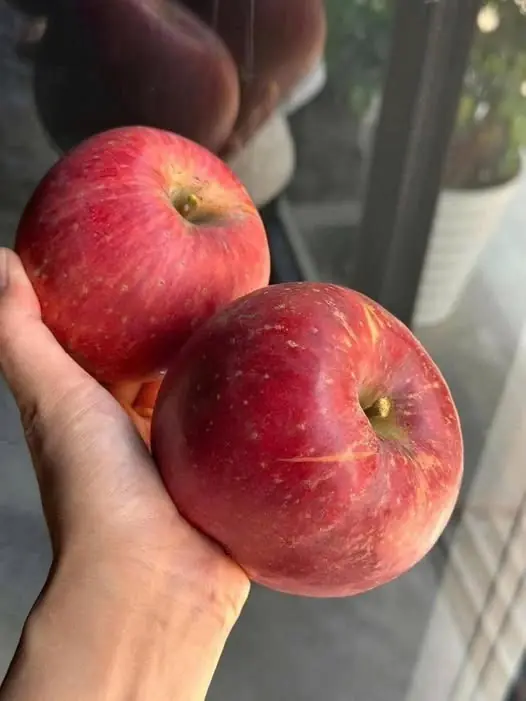
Doctors Reveals That Eating Apples Causes

What are the health consequences of dehydration?

Heartbreaking but Important: Subtle Signs Your Dog May Be Nearing the End of Life

Put a piece of garlic in the middle of the tree, it has great uses, everyone will want to do it
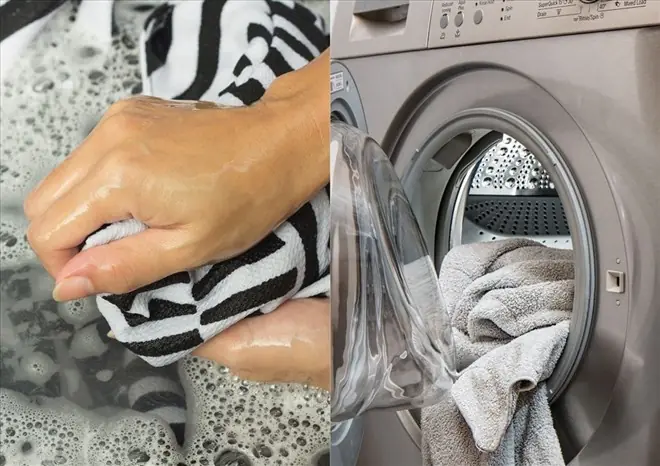
Save a Ton of Electricity Just by Pressing One “Special” Button on Your Washing Machine — Many People Use It for Years Without Knowing

Why Do Flight Attendants Choose to Stay at a Hotel Instead of Going Straight Home After Landing?

Cardiologist answers questions about clip instructing stroke check with finger that has millions of views on social networks

Many people think it's for decoration!

What it says about your relationship when your partner sleeps with their back to you

When Someone in the Family Passes Away, Never Throw Away These 4 Things at Their Funeral

If you hear ringing in your ear, this is a sign that you will suffer from...

When a cat rubs against you, this is what it means

Why do dogs often chase strangers

5 bad habits that increase the risk of str.oke at night

The Silent Mystery of Seat 11A: From the Most Hated Spot to a “Lucky Charm” That Saved the Only Survivors of Two Air Disasters

Doctor’s note: 4 fruits you should limit due to potential health risks, even if they seem affordable.
News Post

DANGEROUS COMPLICATIONS OF PULPITIS

Butter Steak Bites with Mashed Potatoes & Glazed Carrots – A Comfort Plate With Serious Flavor

What causes black thorn disease?

Baked Sweet Potatoes with Garlic Butter.
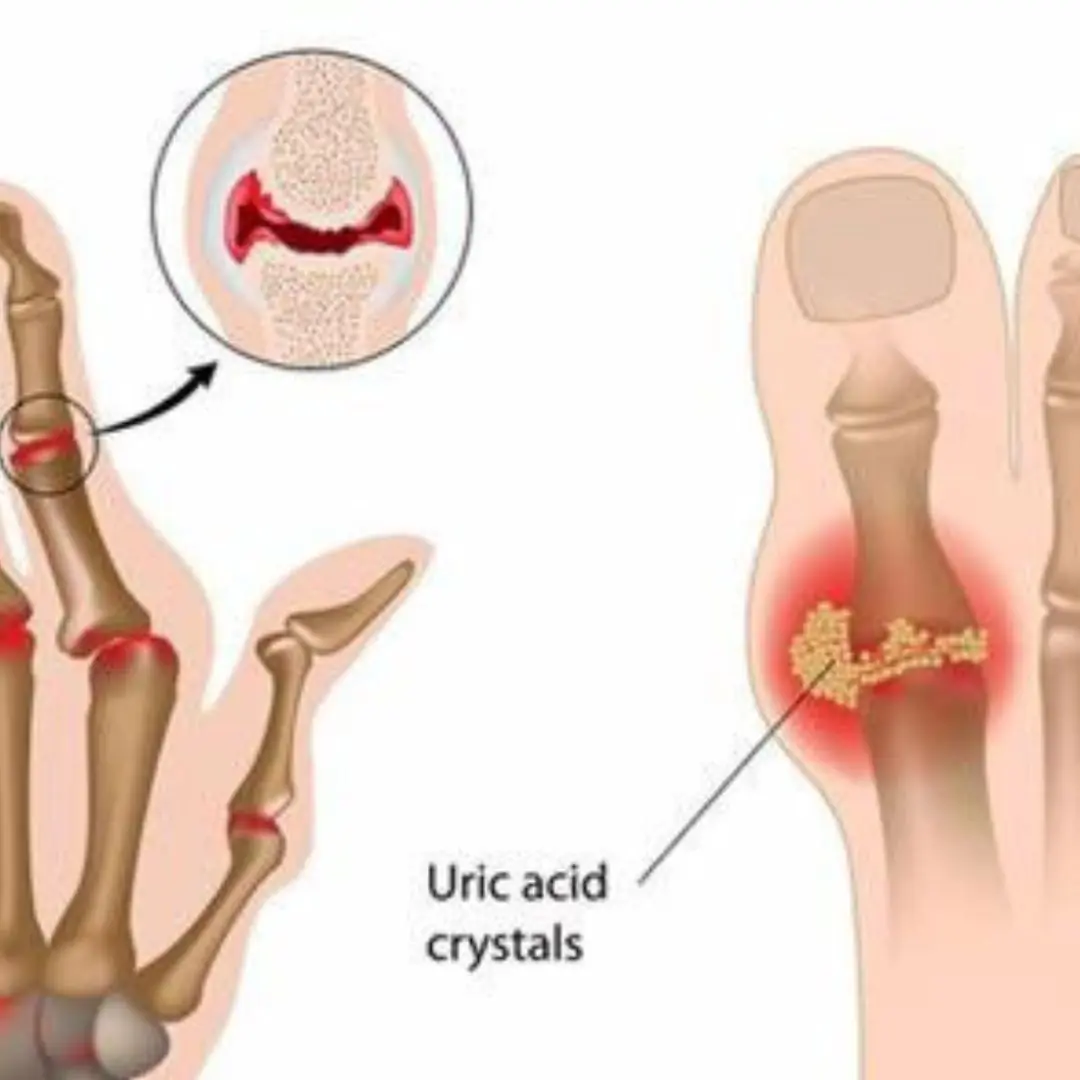
The #1 Drink to Reverse High Uric Acid and Gout — Backed by Science

If You Wake Up With These 4 Morning Symptoms, Sorry — Your Kid.neys May Be in Trouble

Drinking Coffee at the Wrong Time May Harm Your Heart:

Cardiologist reveals 3 drinks that help control blo.od pressure
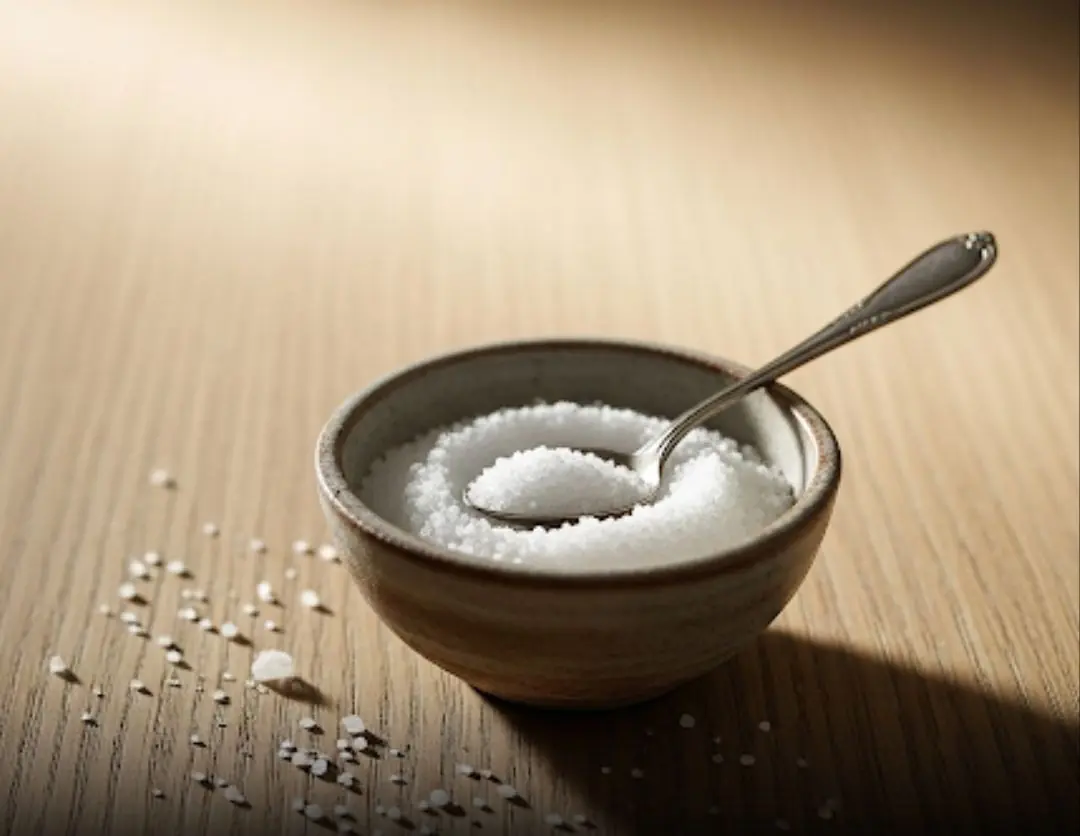
A single ingredient to combat bone pain, diabetes, anxiety, depression, and constipation

Okra is great for your health, but not everyone reacts to it the same way

So this is why our electricity bills have been so high — we’ve been wasting power for ages without knowing!
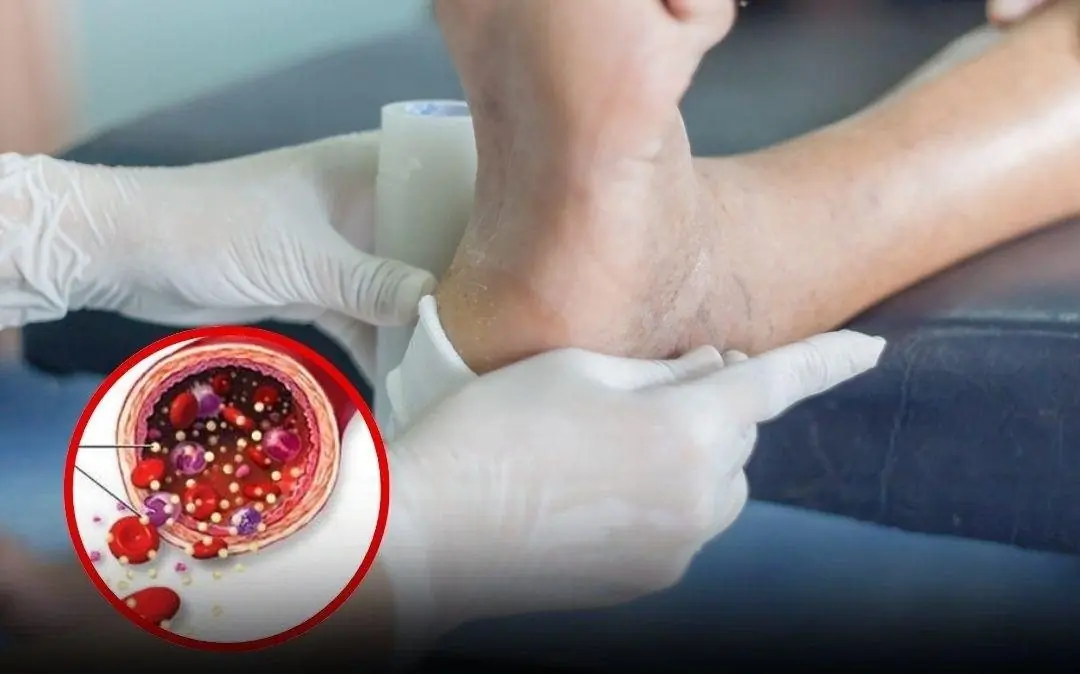
Your feet can reveal important warning signs about circulation and nerve health

Whitmore's 'flesh-eating bac.teria' cases increase: Who is vulnerable?

Are kidney cysts really benign? Experts warn of signs that should never be ignored

Typical signs of uterine fibroids

The More You Eat This Vegetable, the Cleaner Your Arteries Become: A Stroke-Prevention Secret Many People Overlook!

Age Spots and Selenium: How This Powerful Mineral Can Help Fight Sun Damage Naturally

A 12-year-old boy loses 12 teeth at once due to a common habit among children

Warning: A Common Daily Habit May Be “Inviting” Liver Can.cer — Many People Know It, Yet Still Do It
